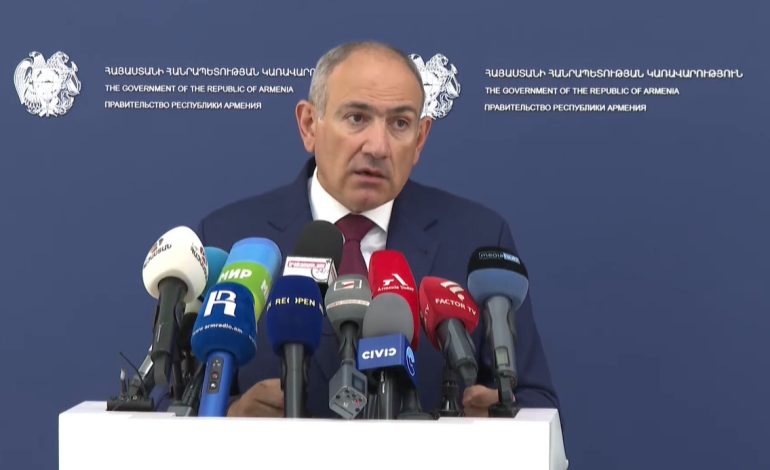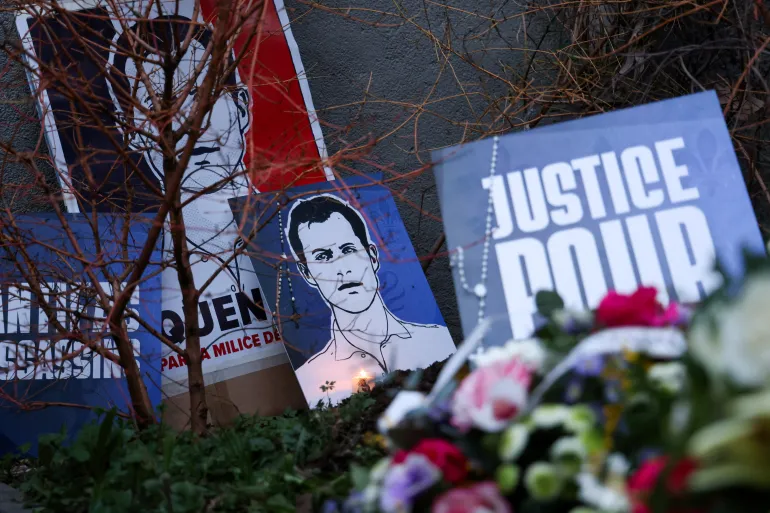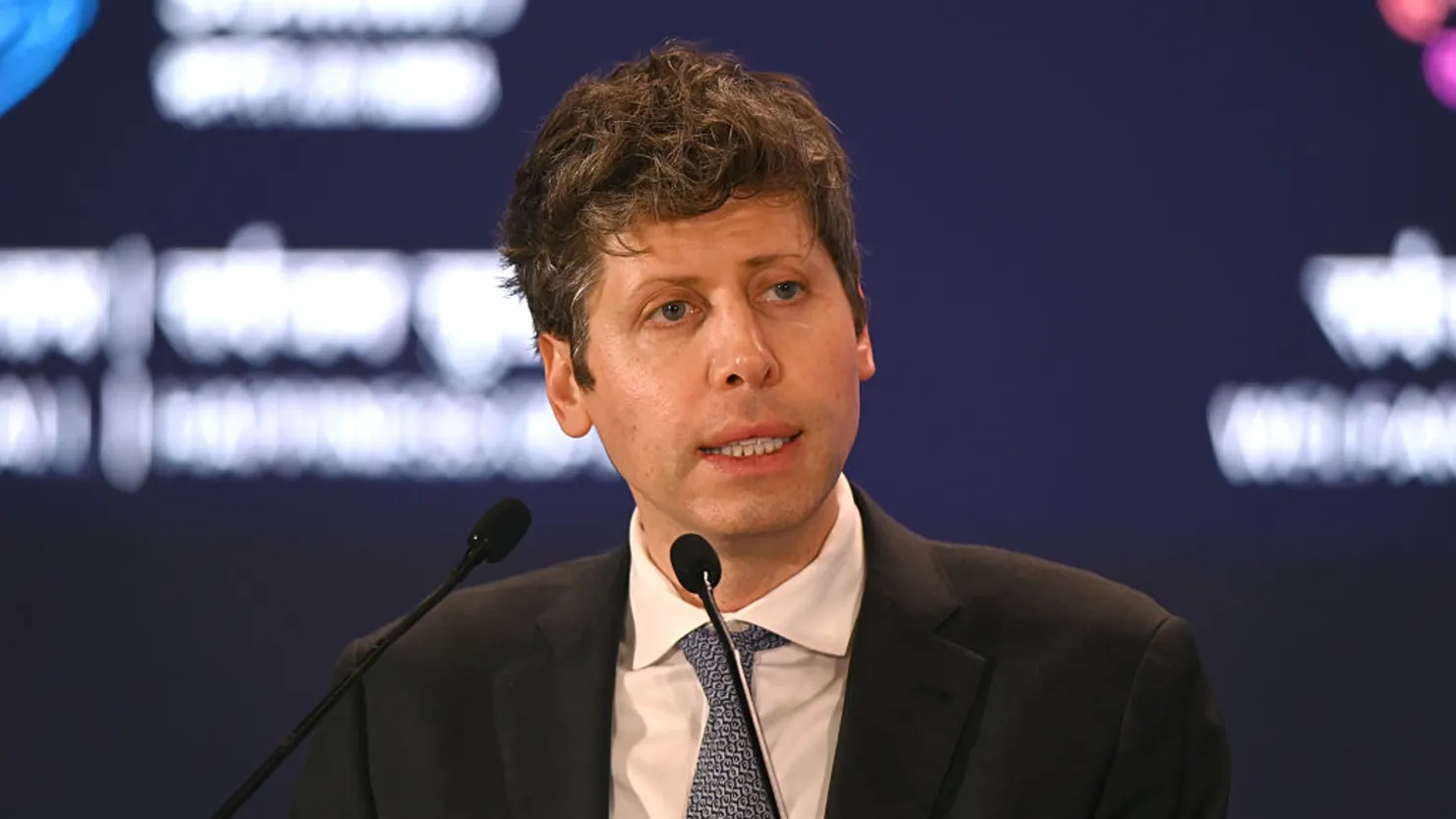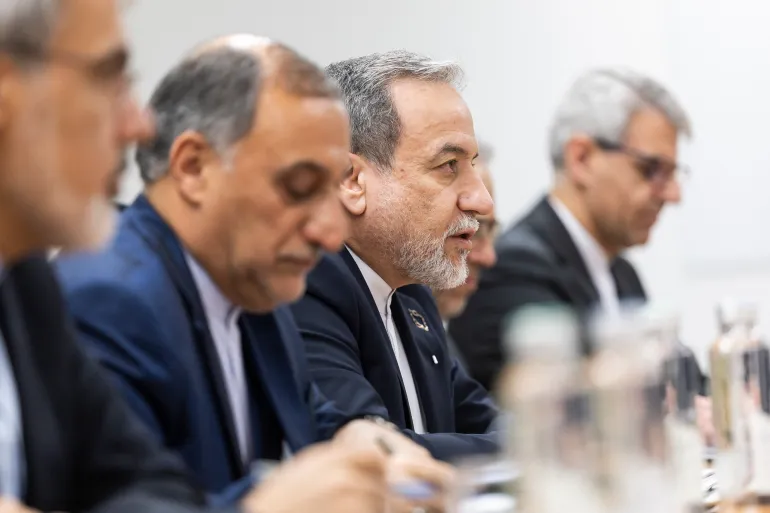ANALYSIS: Pashinyan Ducks Questions on Timing of Armenia’s New Constitution Vote

Armenian Prime Minister Nikol Pashinyan isn’t ready to say when—or even if—Armenians will vote on a new constitution, despite growing pressure from Azerbaijan to make it happen.
Speaking to reporters Thursday, Pashinyan confirmed that his government is drafting a new basic law, but insisted the process isn’t tied directly to the fragile peace talks with Baku. Still, he admitted the changes could have a “strategic impact” on that process.
“We are currently working on a new draft constitution and when it is ready, we will most likely hold a referendum,” he said. “But it has nothing to do with this parallel [peace] process.”
Azerbaijan has made it clear: no peace deal unless Armenia rewrites its constitution. Specifically, Baku wants Yerevan to scrap a preamble that references Armenia’s 1990 independence declaration—language Azerbaijan sees as implying territorial claims over Nagorno-Karabakh.
Aliyev doubled down on that demand just hours after US President Donald Trump hosted Pashinyan and Aliyev at the White House earlier this month, where the two sides initialed a draft peace agreement.
Pashinyan has publicly denied that the preamble amounts to a land claim, but earlier this year he conceded that the new constitution must drop references to the 1990 declaration. Opposition leaders in Armenia see that as proof he’s caving to Baku and have vowed to rally voters against it.
While Pashinyan said the referendum will only be held once the draft is ready—and possibly alongside parliamentary elections in 2026—he wouldn’t offer a date. He also stressed that Armenia’s Constitutional Court would first need to decide if the peace deal clashes with the current constitution.
“If the Constitutional Court decides the peace agreement contradicts the Constitution, I will personally initiate the necessary amendments,” he told journalists.
For now, a Constitutional Reform Council is expected to meet soon to begin shaping the new charter. Pashinyan has floated 2027 as a possible timeline for adopting it, but left the door open for an earlier vote.
The uncertainty leaves Armenia in limbo: balancing a peace deal that could formally end decades of hostility with Azerbaijan against a potential domestic political storm over constitutional change.
“I don’t think the people will vote against it if it turns out that it could have any impact on the peace process,” Pashinyan said.









The latest news in your social feeds
Subscribe to our social media platforms to stay tuned